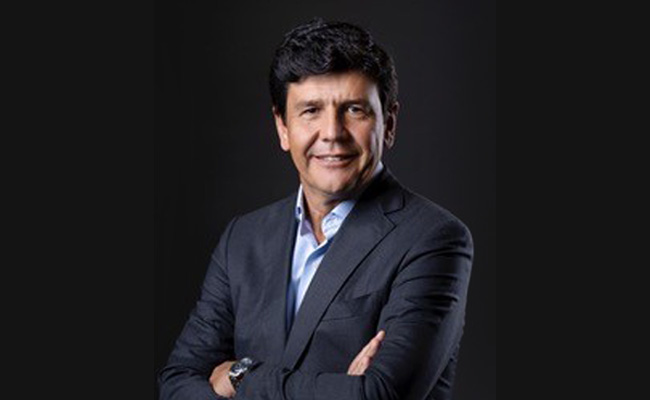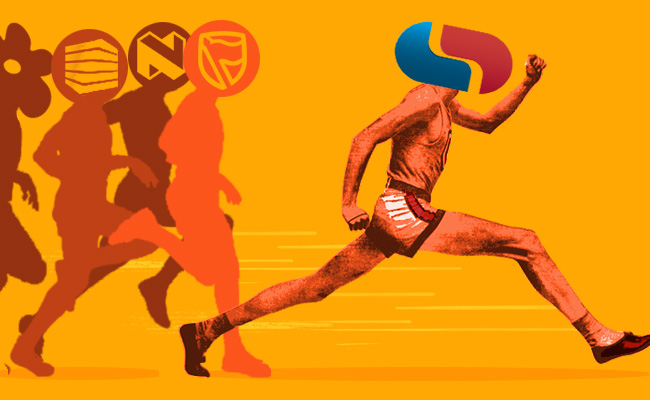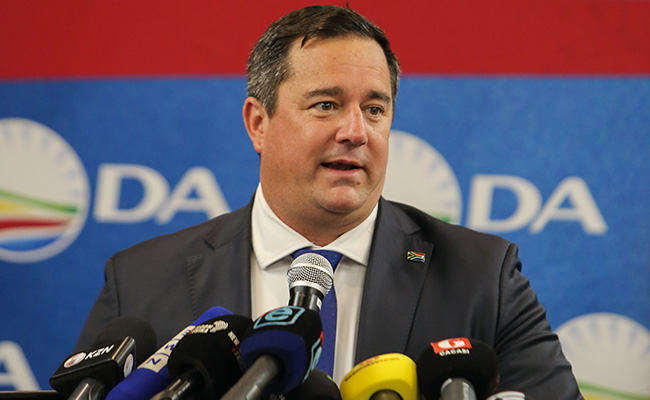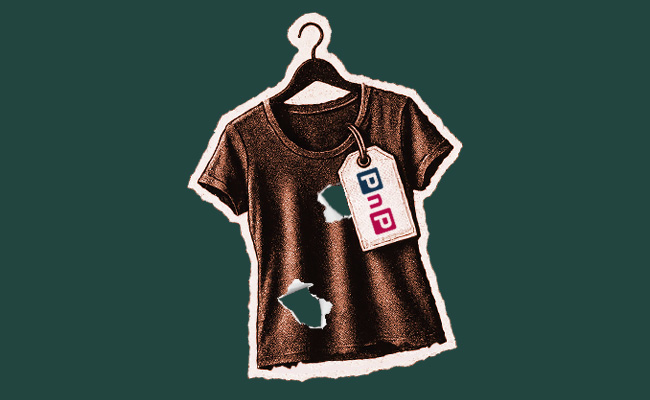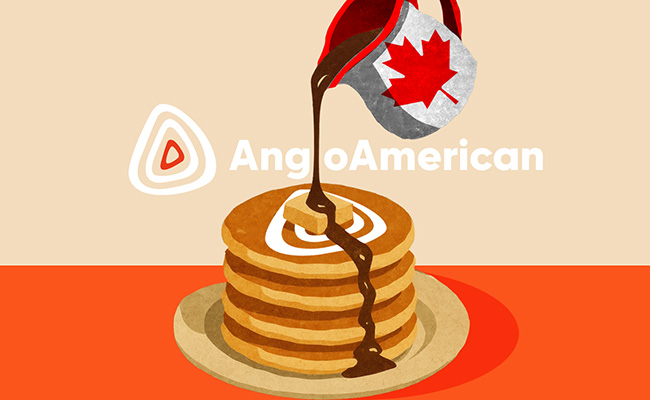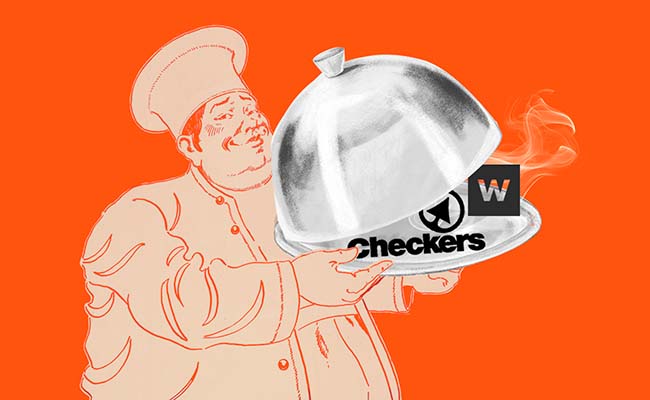After blowing the kudu horn, Optasia is officially a unicorn. Its shares didn’t exactly pop on day one of JSE-listed life, closing at R19.38 – only a whisker above their pre-listing offer price. That might have had more to do with wider worries that tech stocks – especially in the US – are now trading at nosebleed valuations. But the fintech’s market cap is still a cool R24bn, and it has raised R6.5bn in fresh capital from investors. TJ Strydom spoke to CEO Salvador Anglada.
Your largest shareholder is Chronos Capital, with a stake of some 30% and big names like Michael Jordaan and Willem Roos behind it. In the past few weeks, FirstRand Bank also grabbed a shareholding of 20% (Jordaan told Currency that it was a quick deal, negotiations started on a Wednesday and it was inked on the Monday.) Will you be partnering with this financial services giant now that you have it as a shareholder?
They support all that we are doing. They support our platform, our technology, our credit-scoring methods. Of course we can partner with them and we can use them in the local markets where they are operating. But remember, for us, it is an ecosystem; we have different partners, and we work with different companies and we will continue doing so.
Optasia uses AI to grant microloans and airtime advances. Some say AI is just lots of of hype – with eye-watering valuations for some companies, like Nvidia. Is it all hype?
We’ve been around already for the past 13 years. We use what we call machine learning, which is an amazing amount of data, and we create models and algorithms, and that gives us an output. There is, of course, now a big moment, or a wave, of generative AI, but this is not exactly the technology we are using. We are in a different category and investors have to trust us, because the only way to create alternative credit scoring models is to use AI. We try to understand how much it is that [a borrower] can afford; that is the magic of what we do.
But borrowers in South Africa, say, which account for 10% of your market, won’t actually see the name Optasia …
We are the platform behind it all, we are the one taking the risk, the one that underwrites, but there are other entities that need to help us to provide the service. First are the distribution partners such as mobile operators with mobile wallets. So if the user opens this app, they will see how big a loan they are eligible for. Within 30 seconds the consumer can have the money available. Then there is a financial institution – a bank – that technically provides the loan; the lender of record. They have the loan in their books, but the beauty of the model is that we underwrite that risk. So those banks are providing those loans but not making any decisions as to who or how much, and if the borrower defaults it will be carried by Optasia. We are the facilitator, the enabler.
Why is the company called Optasia?
Optasia means vision in Greek. And the tech hub for the company is in Greece. When we started, we had a vision for providing credit in a different way and decided we wanted to call it vision, so now it is Optasia.
Why is the tech hub in Greece, of all places?
In the beginning when we started with airtime credit, the platform wasn’t big enough to carry all the volume that we wanted and we needed to build it up. We were working with people in Greece, so we decided to stay there. Greece has a good amount of engineers and data scientists. We grew. And we got very good talent there. Today we have more than 200 engineers there. Though we have offices in Dubai, in South Africa, in Nigeria, our tech hub remains in Greece.
Your airtime advances start at $1 and microloans from as small as $5. Does the opportunity for Optasia lie in bigger loans or longer terms or just more loans?
Well that is the average. In some markets we provide loans of $50, maybe $100, or even $150. So yes we are growing in terms of the denominations. And for small businesses, especially, we grant loans not only for one month, but also two, three months as they need longer terms for their working capital requirements.
Optasia is now in 38 countries, including populous places such as Pakistan and Nigeria. What are the biggest markets you are not yet in but have on your wishlist?
Kenya is one. It is a mature market, well-penetrated by mobile wallets. But we think the low end of the market is not necessarily well-served. We are also looking at Egypt. And at Ethiopia, but all the elements are not yet there.
What does your bad debt or default rate look like?
Well, the number we share is 1.1%. That, of course, includes both airtime advances and microfinance. On airtime, the default rate is typically lower. And microfinance, which already accounts for about 65% of the business, is growing faster than airtime. So in this blend, the default rate will naturally rise slightly as the contribution of microfinance increases.
You have mentioned Jumo before as one of your competitors, besides traditional banks. Who else is there?
No-one has the scale we have. Optasia is a couple of orders of magnitude bigger. We are very cost effective. Those low default rates and high volumes are difficult to match. And even if there are competitors, a number mentioned when talking about the size of this lending market in Sub-Saharan Africa is $400bn, so there is a big enough appetite.
Top image: Optasia CEO Salvador Anglada. Picture: supplied
Sign up to Currency’s weekly newsletters to receive your own bulletin of weekday news and weekend treats. Register here.



